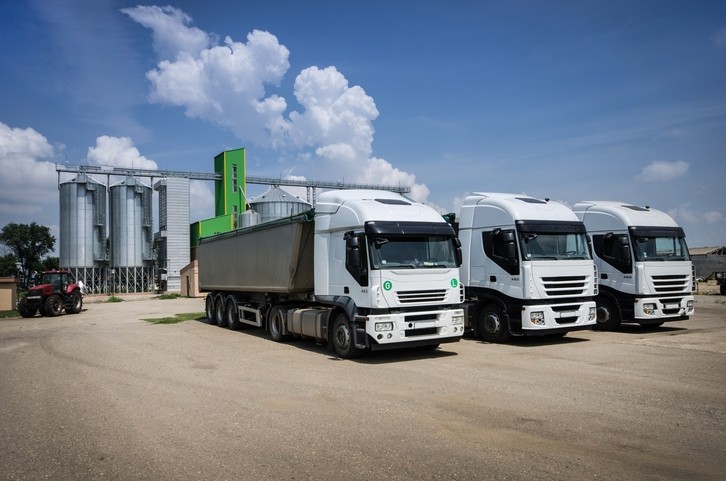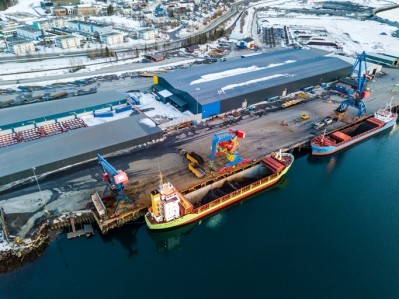Feed transport challenges for ABN

The UK and Irish trade union, Unite, announced last week that its members had voted to proceed to an industrial action ballot after the feed manufacturing firm they worked for announced changes to transport schedules that would reportedly damage employees’ work and life balance.
UK-based monogastric feed company, ABN, part of AB Agri, said that it would be adding a second weekend shift for feed transport drivers reportedly without offering additional compensation, said Unite.
The change in schedule was initially proposed earlier in the year, but the plan was halted until now, said Steve Harley, regional officer with Unite.
“Unite has been involved in dialogue with the business over this issue for nearly 18 months,” he told FeedNavigator. “The business did serve 90 days’ notice, which it then suspended due to unrest amongst the drivers and a ballot conducted locally over the proposed change.”
ABN said it was aware of the situation involving a change to shift pattern for some employees at its Bury feed mill.
“We have been discussing a change to the shift pattern for our drivers at Bury St Edmunds feed mill for more than 12 months,” it said in a statement provided to us. “The change to shift pattern at Bury Feed mill is allowable under the current workplace agreement and is required to enable us to effectively meet the needs of our customers.”
Feed demand and feed transportation details
The new schedule would reportedly require drivers to work two out of every four Saturdays, said Unite.
Work periods can already exceed 12 hours, and cutting into weekend periods means that some drivers have less time to spend with family, claimed Harley.
The union members are not disputing the idea that there are higher demands for feed, which means more work for employees at the facility, he said. However, they are asking for compensation.
When the plan was initially proposed it did coincide with a high demand period, he said, adding “which it met via the payment of additional higher overtime rates on a Sunday. A clear demonstration that they can pay, but won’t pay for the additional Saturday working in these proposals.”
Drivers had agreed to work one Saturday in four several years ago, Harley said. However, reportedly there was a salary compensation included in the arrangement.
The need for the change in practice has been openly communicated, said ABN.
“Throughout the consultation, we believe we have been open and fair to our employees and have worked hard to reach an agreement for how the change should be made,” the company said in its statement. “Unfortunately, and despite our best efforts, we have not been able to reach an agreement and we are aware of the decision taken to ballot for industrial action. While we will be moving ahead with the allowable change to shift pattern, we remain committed to discussions with our drivers.”
However, there have been counterclaims regarding that communication, said Harley.
“Communication is very one way, for example when the company suspended the 90 days’ notice with 31 days remaining (due to a union ballot) it then took over three months to invite Unite to a meeting to have a further discussion,” he said. “That discussion was simply for the company then to tell Unite that they were intending to implement the changes unilaterally following the retriggering of the remaining 31 days’ notice.”
At this point, a ballot is expected to take place in August, with results known by mid-September, according to Unite.
The union represents almost 100% of the drivers, said Harley. “Those who would be affected have voted 100% to reject the changes and are prepared to undertake industrial action,” he added.
“Industrial action is a legal process where a worker or collective of workers can remove their labor or restrict working practices during a period of dispute,” he said. “It is the ultimate step and not undertaken lightly as industrial action can result in a total removal of labor, what is commonly referred to as ‘strike action.’”
“Industrial action is only taken where the employer has decided to implement an act without the agreement of the workforce and in a situation where the workers are fundamentally against the change,” he added.













